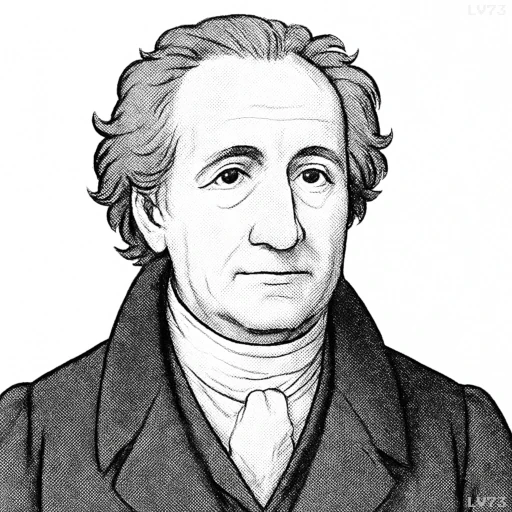“He who does not think much of himself is much more esteemed than he imagines.”

- August 28, 1749 – March 22, 1832
- German
- Poet, playwright, novelist, philosopher, politician
table of contents
Quote
“He who does not think much of himself is much more esteemed than he imagines.”
Explanation
Goethe suggests that modesty and humility often lead to greater admiration and respect from others than excessive self-promotion. Those who do not boast about their accomplishments or view themselves as superior are often held in higher regard than they realize. By downplaying their own importance, these individuals allow their actions and character to speak for themselves, leading others to respect them more deeply.
This idea has been echoed in many cultural and philosophical traditions throughout history. In Goethe’s time, the Enlightenment and Romantic movements valued individualism, but also emphasized humility and the importance of serving the common good. The notion that true greatness is often accompanied by humility was central to many of the era’s moral teachings.
In modern society, where self-promotion is often rewarded, Goethe’s quote stands as a reminder that true esteem comes not from outward displays of pride or arrogance, but from authentic, unpretentious actions. For example, leaders who remain humble, like Nelson Mandela or Abraham Lincoln, often gain greater respect from their followers because their humility makes them more relatable and trustworthy. People who do not boast about their achievements or status tend to earn the genuine admiration of others, who see them as more grounded and sincere.
Goethe’s words encourage us to embrace humility and to trust that true respect comes not from asserting our own worth, but from the way we live and treat others.
Would you like to share your impressions or related stories about this quote in the comments section?




